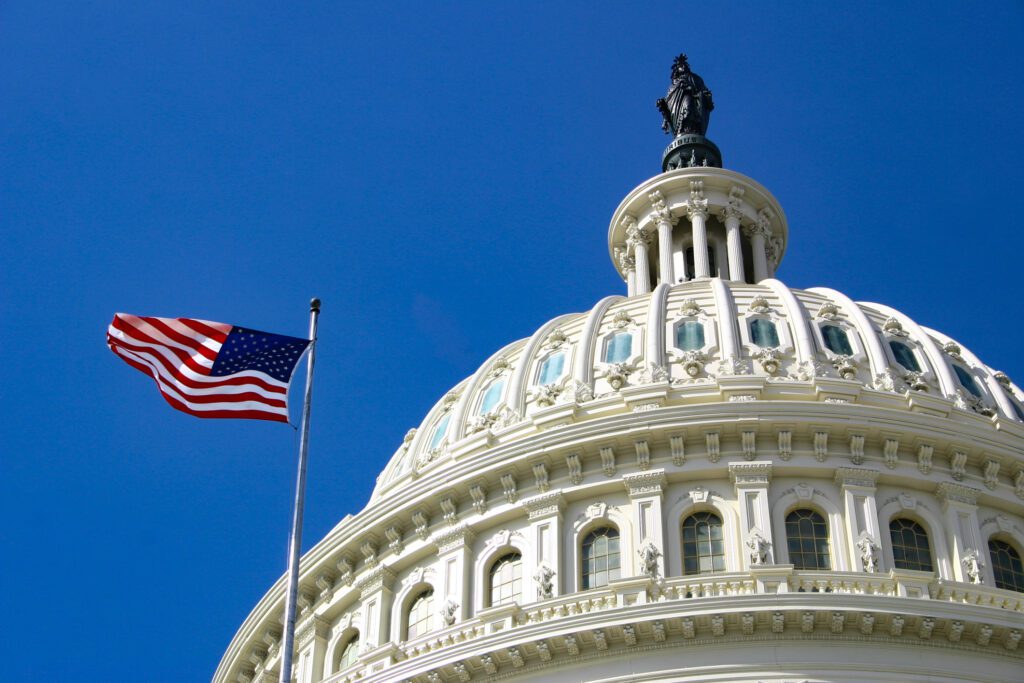Lincoln Network Gears Up for Tech Policy Fights

The boutique think tank that has sought to bridge the worlds of policy, Silicon Valley and conservative politics could now be in a prime position to influence the tech policy fights on Capitol Hill.
Lincoln Network’s original founders, Aaron Ginn and Garrett Johnson, are mostly occupied with their latest startup Hydra Host, but the non-profit is staffing up and promoting its existing talent in order to “call the balls and strikes” as lawmakers in the 118th Congress debate policy governing digital privacy, crypto currency and free speech online (Section 230).
It plans to tackle that through op-eds, content produced by its studio, a fellowship program that brings tech practitioners to DC to learn about policy and its event programming.
“Part of it is being in the right place at the right time,” Luke Hogg, Lincoln’s director of outreach, told C&E. “We try and think two or three steps ahead.”
A former policy staffer at conservative non-profit FreedomWorks, Hogg is now tasked with helping lawmakers understand the tech that they’re regulating and helping practitioners decode the language in any potential legislation.
“Now that Republicans have taken the House, they’ll be trying to implement some of their ideas when it comes to Big Tech,” said Hogg, a self-described “decentralization wonk.”
“Privacy is certainly going to be on the docket. Crypto is certainly one issue that the committees are working on. These issues are going to be big battles on the right, on the center right.”
Digital privacy regulation, which many practitioners had been anticipating could happen in DC this year, could have the biggest impact on campaigns. Hogg encouraged practitioners to look at the specific language in any privacy legislation.
“As these conversations around privacy continue to develop, you should look very closely at the definitions: Are emails going to be included in this? Are phone numbers going to be included in this? Are there going to be carve outs [for campaigns or committees]? That is something that you could certainly see.”
Regulating online political speech is another area that could be addressed by the new Congress. “I think that the free speech issues are definitely going to be talked about a lot,” said Hogg. “I’m a little less confident that’s going to make it through.”



